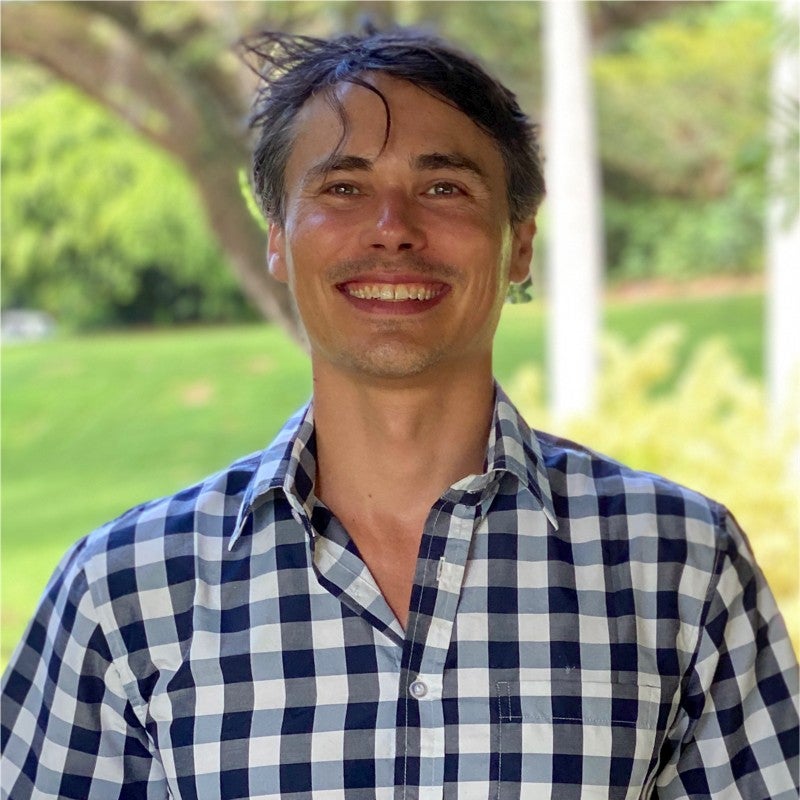Departmental Seminar
Oct
25
2024
Oct
25
2024
Description

We’re all familiar with microbes that make us sick. But microbes also interact with the Earth in surprising ways. Throughout Earth history, microbial metabolism has evolved while interacting with geochemistry, forming the major biogeochemical cycles (e.g. nitrogen and carbon cycle) that move the macro-elements of life, CHNOPS, from the geosphere to the biosphere and back. This network of redox reactions has enabled profound microbial influence on the atmosphere, oceans and climate. The co-development of biology and geology has left records in sediment isotope geochemistry, mineralogy, biochemistry, and structural biology that enable reconstruction of metabolic history. Analysis of the set of electron-transfer enzymes enabling global biogeochemistry, along with their metal usage and isotopic evidence, has helped to construct a view of expanding microbial metabolisms as Earth’s surface became more oxidized. This view gives an excellent foundation from which to see global biogeochemistry and its progression. A closer look at the metal-binding centers of these enzymes, through bioinformatic analyses and comparison of their 3D metal-binding sites shows differences in the amino acid makeup of aerobic versus anaerobic iron-binding sites. Earth’s redox changes as a selective pressure on metalloenzymes will be discussed, along with implications for modern environmental stress and the search for biosignatures in early Earth and extraterrestrial environments.
The speaker, Ben Jelen, worked at the startup Carbonwave as director of research and development for 3 years, a company working on the problem of massive Sargassum seaweed blooms, now the new normal in the Caribbean and Gulf of Mexico. In the second part of the seminar, he will explain the issue at hand, present his work on setting up an extraction research lab in Puerto Rico and show how this led to a biorefinery in the Yucatán for turning seaweed into valuable materials while collecting carbon credits for methane avoidance. The experience showed that the skills and insights developed while studying deep-time evolution prepared him better than he could have imagined for working on modern environmental challenges.
